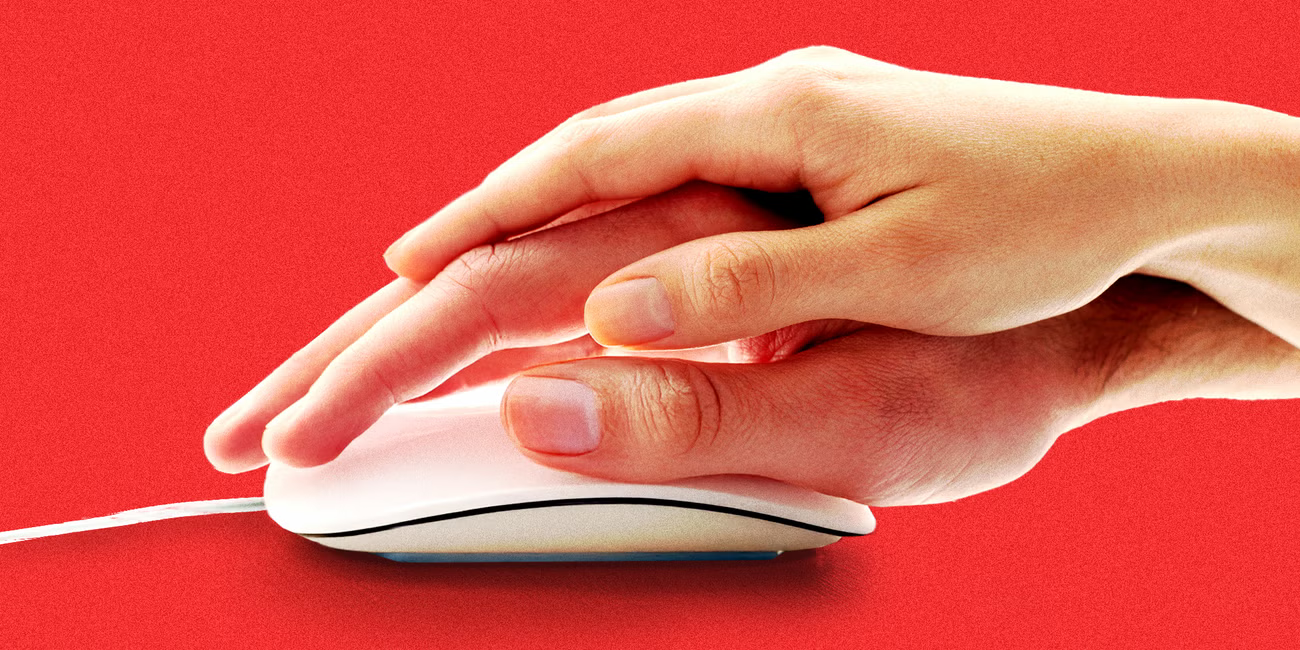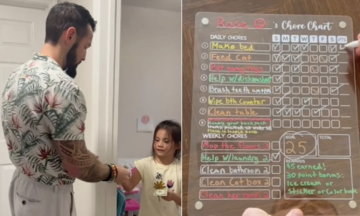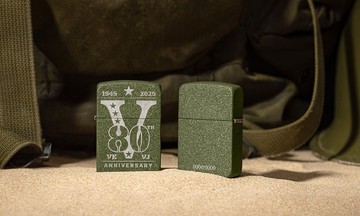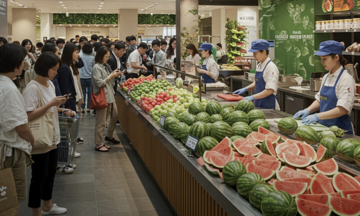In 2022, Hughes returned to Hawaii and took a job at a local television station. Initially, she dreaded leaving the comfort of her home office. However, everything changed at the company Christmas party when she met her current boyfriend, Jensen Wong.
"I think that's one of the perks of going back to the office," said the 32-year-old Hughes. After months of regular encounters, their friendship blossomed into romance. Hughes prefers this slow, organic connection to hurried drinks with strangers from dating apps. "We were friends first, we really understood each other," she said.
As employees return to the office, they're also bringing their search for love with them. A 2024 survey by the Society for Human Resource Management (SHRM) found that 50% of employees have experienced a workplace romance. That same year, research from the recruiting firm Resume Builder revealed that nearly one-third of people aged 18-44 have started a relationship since returning to the office at least once a week.
 |
Illustrative photo: BI |
With long hours, after-work drinks, and shared project challenges, the office has long been a breeding ground for connection. From sitcoms like "Parks and Recreation" to countless romance novels, the "deskmate-turned-soulmate" trope endures. Young people are even joking: RTO (Return to Office) = XOXO (hugs and kisses).
The SHRM survey also indicated that most managers believe workplace romances can boost morale and improve employee performance, although distractions and complications can arise from unrequited feelings.
Gen Z is the most proactive generation in pursuing workplace romance: 45% have dated a colleague, compared to 42% of Millennials, 35% of Gen X, and 21% of Boomers. They also have the highest percentage of those who have dated their direct supervisor.
Nearly 60% of Millennials and 49% of Gen Z believe workplace romance is increasingly accepted, compared to only 25% of Boomers.
"This shows that societal attitudes are changing," said Ragan Decker, a research manager at SHRM. "There's no need to be afraid, as long as the company has clear policies and communication channels."
In reality, only 5% of companies strictly prohibit workplace relationships; almost 30% have no policy or are developing one; the rest are evenly split between handling situations on a case-by-case basis and permitting relationships with clear boundaries.
From a psychological perspective, workplace romance can stem from the "proximity principle." Frequent interaction fosters attraction. It's a slow burn. Today, he's just the colleague with the wrinkled khakis, but gradually, you find him endearing. Conversely, dating apps rely on initial sparks between people with little in common.
Cassie Richardson, a 32-year-old retail worker in Tennessee, admits to having several workplace crushes, with one unsuccessful attempt at a relationship. "If it were outside of work, I wouldn't even go near this person," she said.
Now, Richardson avoids mixing work and romance, despite understanding the appeal. "After working 40 hours a week, I don't have the energy to go out and find someone new," she explained.
A 2025 Zety survey found that 62% of people have sent flirtatious messages via work platforms like Slack, Teams, or email. Isabel Amat, a programmer, noticed a colleague on Zoom in 2021, but only realized the attraction upon returning to the office.
One evening after work, they sat together for five hours. The restaurant manager assumed they were a couple and offered them a complimentary drink. "We said we were colleagues, and he just laughed, 'Not for long'," Amat recalled.
A few days later, they went on an official date. Almost four years later, they are still together, although Amat has since changed jobs. "If we hadn't seen each other every day, it probably would have just been a fleeting crush," she said.
For some, workplace romance can lead to lasting happiness. For others, it's heartbreak and HR headaches. But about half of employees still think it's worth a shot.
Bao Nhien (According to BI)












